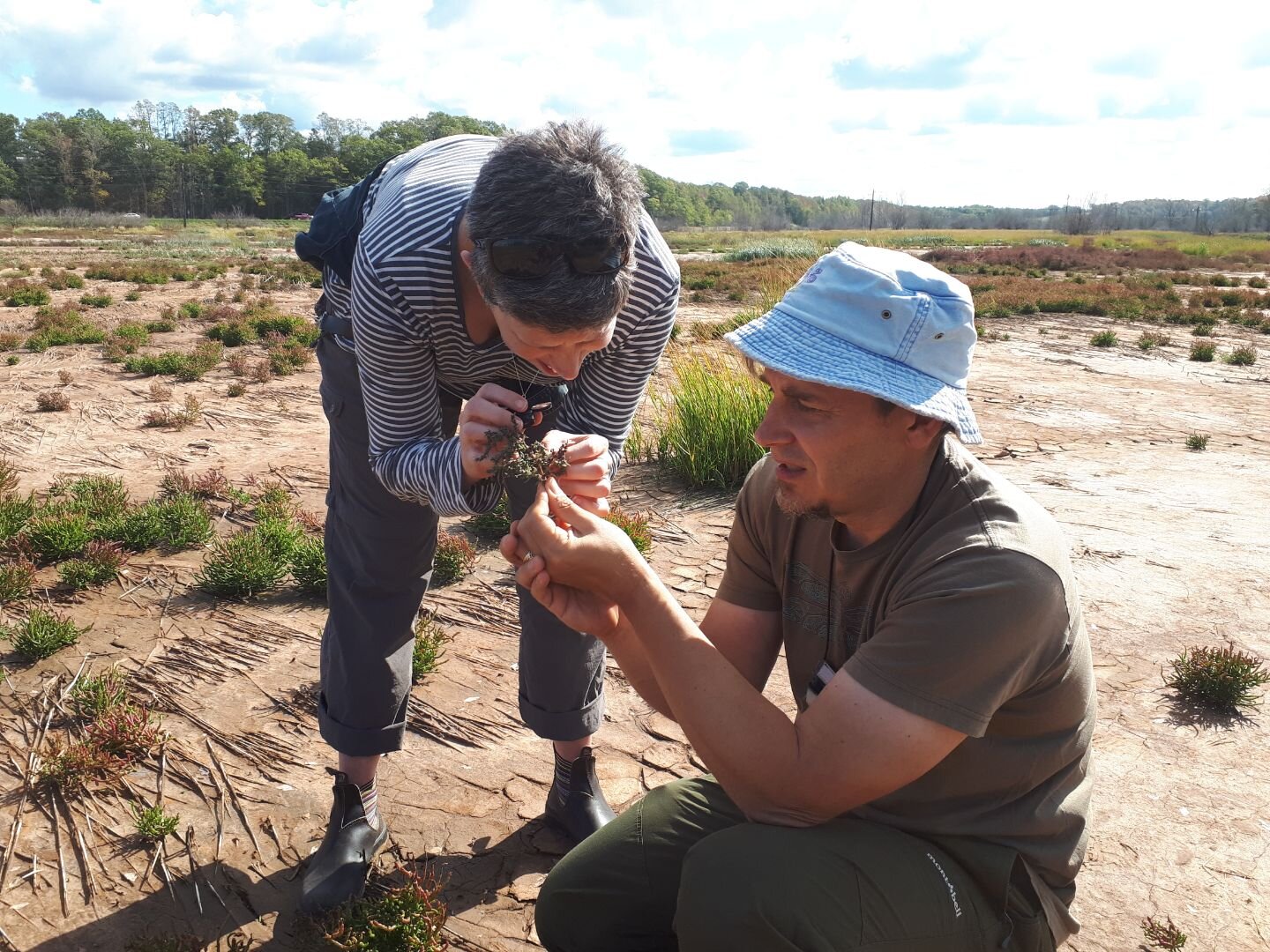Overview
A network for monitoring, modelling, and managing Canadian ecosystem services for sustainability and resilience unites a broad community of scholars and resource managers from across academic, government, NGO, and industry sectors to identify paths for sustainable landscape management that ensure biologically diverse, resilient, and adaptive social-ecological systems amid the complexity of competing values, stakeholders, and political jurisdictions.
ResNet is committed to filling in the gap in the data and knowledge needed for evidence-based management of working landscapes for multiple ecosystem services. To do this, we have focused our work on the three key themes in which research is lacking in six core landscapes across Canada.
Landscapes
Scientific and partnership activities of ResNet will occur in a series of six exemplar working landscapes across Canada. In each landscape, ResNet will launch a series of investigations, co-designed with local industry, government, NGO, and Indigenous partners and other stakeholders, into the provision, modelling, and governance of multiple ecosystem services.
Landscape 1: Bay of Fundy Dykeland Futures
Dykelands have developed heterogeneously, thanks to varying local planning pressures, agricultural viability, conservation priorities and engineering decisions.
The primary research, synthesis, modelling and stakeholder engagement in this project will build the necessary evidence base to inform decisions on dykeland futures around the Bay of Fundy.
It will backfill the local evidence base (e.g. cultural services, cultivated and wild food, pollination, storm protection, climate regulation), and inform the development of effective and acceptable regional resilience options in this vulnerable isthmus jurisdiction.
Finally, it will establish a limited set of key variables to monitor to ensure balanced ES delivery into the future.
Themes
ResNet also features three themes, in which scientists, working with theme partners, apply theory to improve the management, modeling, and monitoring of ecosystems services in each landscape. These themes will work primarily by synthesizing data and knowledge from across our six core landscapes.
Theme 3: Monitoring Biodiversity and Ecosystem Services in Production Landscapes
Our overarching goal is to develop local and regional monitoring guidelines of ecosystem services across landscapes using a set of essential variables and monitoring designs that will allow comparison across landscapes. These are our current projects:
Comparison of Pollinator Assemblages on Agricultural Dykelands in the Bay of Fundy
Founders and Partners
The NSERC ResNet Strategic Network is improving monitoring, modelling, and managing of ecosystem services in working landscapes by partnering Canadian university researchers with government and industry scientists. Major funding is provided by the Natural Sciences and Engineering Research Council of Canada (NSERC), in partnership federal and provincial government agencies and industrial partners working at local to federal levels.







